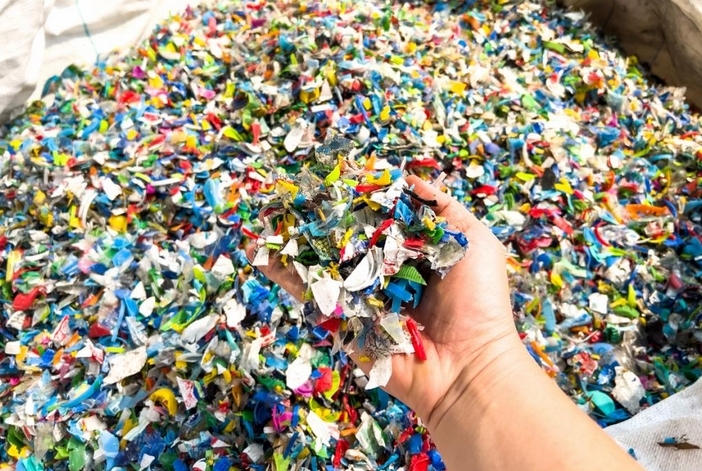Plastic recycling is really a critical element of sustainability, seeking to decrease squander and reduce ecological effect. Here’s all you need to know about recycle plastics.
Trying to recycle Method:
Recycling plastic materials requires many phases. Very first, gathered plastic materials are sorted according to their resin type. Then, they’re washed to take out contaminants like foods remains and brands. Following cleansing, the plastic materials are shredded into small flakes or pellets. These materials can then be melted and established into new releases.
Varieties of Reprocessed Plastic materials:
Family pet (Polyethylene Terephthalate): Frequently used in drink containers, Animal may be reprocessed into fabric for garments, carpets, and even new containers.
HDPE (Great-Occurrence Polyethylene): Located in milk jugs, detergent containers, plus more, HDPE is reprocessed into plastic wood, plumbing, and boxes.
PVC (Polyvinyl Chloride): Used in pipes, wrapping, and development resources, PVC could be reused into floor coverings, cable connections, and packing.
LDPE (Lower-Denseness Polyethylene): Present in plastic luggage and videos, LDPE is re-cycled into trash can can liners, shipping and delivery envelopes, and outdoor furniture.
PP (Polypropylene): Employed in container caps, natural yogurt storage containers, and straws, PP can be reprocessed into battery power cases, transmission lamps, and brooms.
Playstation (Polystyrene): Located in foam packaging and non reusable utensils, Playstation is reused into insulating material, light-weight change plates, and rulers.
Benefits associated with Recycling Plastics:
Preservation of Solutions: Recycling plastic materials reduces the need for raw materials, conserving organic sources like oils and gasoline.
Electricity Cost savings: Recycling utilizes significantly less energy in comparison with generating new plastics, leading to lower co2 pollutants.
Spend Lowering: By diverting plastics from trash dumps and incinerators, trying to recycle helps reduce ecological air pollution.
Financial Possibilities: Trying to recycle provides tasks in assortment, working, digesting, and producing, contributing to economical development.
Environment Safety: Recycling plastic materials will help protect animals and ecosystems by reduction of plastic-type material air pollution in oceans, rivers, and jungles.
Challenges and Alternatives:
Regardless of its benefits, plastic recycling facial looks challenges like toxic contamination, constrained structure, and low industry requirement for re-cycled materials. To manage these problems, campaigns centering on schooling, development in recycling systems, and insurance policies advertising circular economic system guidelines are crucial.
To summarize, trying to recycle plastics is vital for a eco friendly future. By learning the recycling process, forms of re-cycled plastic materials, rewards, and obstacles, individuals and neighborhoods can give rise to a solution and far healthier setting.



